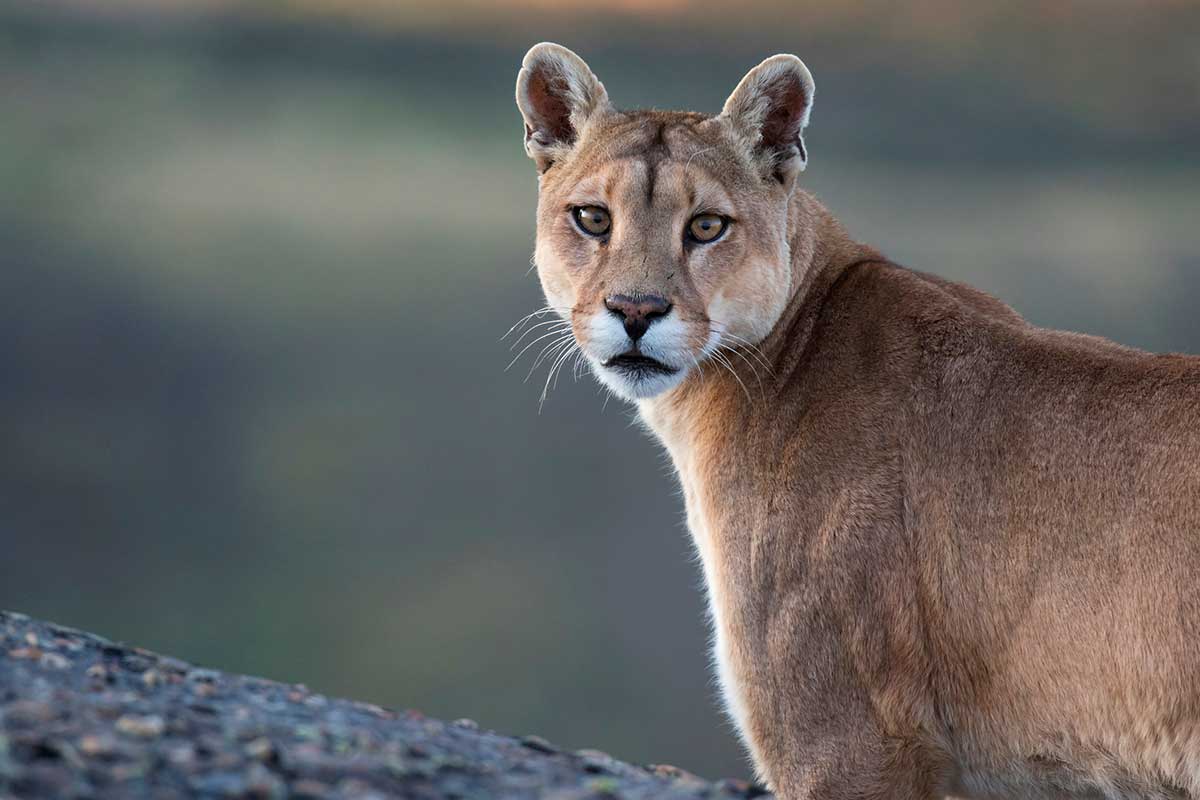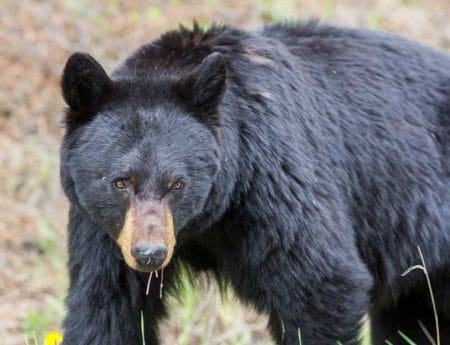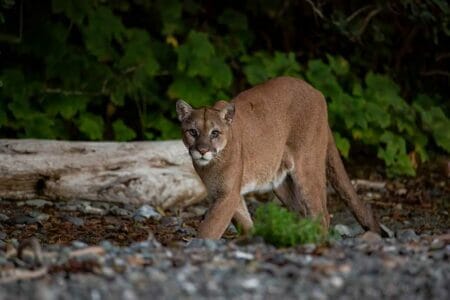Admits wrongdoing after commissioners backed anti-hunting Prop 127 in controversial op-ed.

DENVER, CO — In what many are calling a win for transparency and hunter advocacy, the Colorado Parks and Wildlife Commission (CPW) has quietly settled a lawsuit brought by Safari Club International and the Sportsmen’s Alliance Foundation. The suit alleged two CPW commissioners violated Colorado’s Open Meetings Law by secretly collaborating on a controversial opinion article that supported a ballot initiative to ban mountain lion, bobcat, and lynx hunting.
The op-ed, published weeks before the November 2024 election in The Durango Herald, was co-signed by commissioners Jessica Beaulieu and Jack Murphy, alongside former commissioner James Pribyl.
The piece slammed mountain lion hunting as “unscientific” and “unethical,” parroting talking points from Prop 127’s backers—Animal Wellness Action and other anti-hunting groups. Voters ultimately rejected Prop 127 by a 55–45% margin, the first wildlife-related ballot defeat in the state since 1992.
But the backlash didn’t stop at the ballot box.
The lawsuit, filed last fall, argued that Beaulieu and Murphy must have communicated outside official meetings to coordinate their messaging—something Colorado law strictly prohibits. Under the state’s Sunshine Law, any meeting between two or more public officials discussing public business must be publicly noticed and open to the public.
At issue was more than just procedure. The op-ed itself contained glaring factual errors, including claims that hunters use drones (which is prohibited by CPW’s own regulations), that lion hunts guarantee 100% success (real numbers hover around 20%), and that there’s no human conflict with mountain lions (despite CPW’s own press releases warning of rising encounters across the Front Range).
In response to the lawsuit, CPW initially denied wrongdoing, claiming the commissioners signed off on a third-party draft separately and never communicated with each other. But in March, CPW agreed to a $2,332 settlement, paid to the plaintiffs in lieu of further litigation. As part of the agreement, CPW commissioners were required to undergo formal training on both the Open Meetings Law—including the so-called “daisy chain” tactic of serial private communications—and Colorado’s own predator hunting regulations.
Michael Jean, litigation counsel for the Sportsmen’s Alliance Foundation, made it clear the case was never about money. “We filed this suit to hold the commissioners accountable for violating the open-meeting law and making blatantly false statements about state hunting regulations in a failed attempt to persuade voters. This settlement does that. And the commissioners will have no excuses for future violations.”
This comes amid an avalanche of anti-gun and anti-hunting legislation in Colorado, where lawmakers continue to erode the rights of lawful hunters and firearm owners under the guise of “public safety” and “wildlife protection.” From sweeping gun control bills to predator hunting bans, the state’s urban-driven policymaking has left many rural Coloradans and sportsmen feeling under siege.
With this legal win, hunting advocates are drawing a hard line. As the Sportsmen’s Alliance stated in their release: “We will never compromise when it comes to defending our way of life in the courts, in the legislatures, in the public square and at the ballot box.”
The takeaway? If CPW commissioners want to push animal rights agendas while serving the public, they better do it by the book—or be ready to face the sportsman’s legal firepower.
Anti-2A Bill Avalanche Hits Colorado Capitol ~ Gun Owners Sound the Alarm
Colorado Enacts Sweeping Gun Law: What SB25-003 Means for Firearm Owners





We have a huge growing bear problem in Connecticut but no one wants to address the elephant in the room.
I wish these guys had to spend a week unarmed walking alone through mountain lion territory after 20 years of banning mountain lion hunting. Survivors might not be reluctant to lift the ban.
And yet……they will do it again.